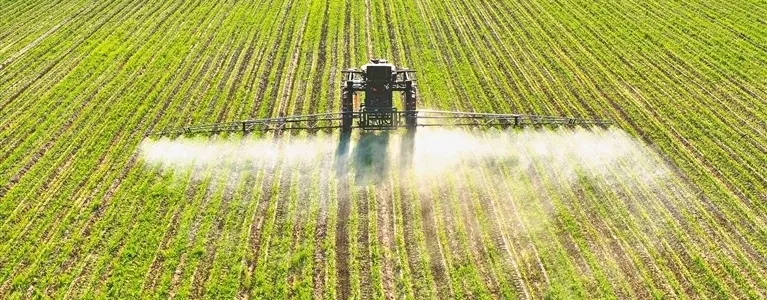
Oct . 31, 2024 08:44 Back to list
natural herbicide
The Rise of Natural Herbicides A Sustainable Solution for Agriculture
In recent years, there has been an increasing awareness of the environmental impact of synthetic herbicides. As farmers and consumers alike seek more sustainable agricultural practices, the interest in natural herbicides has surged. These eco-friendly alternatives not only combat weeds effectively but also minimize harm to biodiversity and soil health.
Natural herbicides are derived from plant extracts, minerals, or other naturally occurring substances that inhibit weed growth. One of the most significant advantages of these herbicides is their reduced toxicity compared to conventional chemical herbicides. While traditional herbicides often contain synthetic chemicals that can persist in the environment and contaminate water supplies, natural herbicides tend to break down more quickly, ensuring a healthier ecosystem.
One of the most commonly used natural herbicides is vinegar, which contains acetic acid. When applied to weeds, it effectively dries them out and prevents their growth. Another popular option is clove oil; its active component, eugenol, is known for its potent herbicidal properties. Research has shown that clove oil can destroy the cell membranes of weeds, leading to their demise within days of application.
natural herbicide

Additionally, natural herbicides can be integrated into a wider range of organic farming practices. Crop rotation and intercropping are effective strategies that work harmoniously with natural herbicides. For instance, planting cover crops can prevent weed growth, while timely application of natural herbicides provides additional control when needed. This holistic approach not only combats weeds but also enhances soil fertility and ecosystem resilience.
However, it’s important to understand that while natural herbicides offer numerous benefits, they are not without limitations. Their effectiveness can vary based on weed species, growth stage, and environmental conditions. Farmers need to adopt an integrated weed management strategy that combines natural herbicides with cultural practices and mechanical control methods to achieve optimal results.
Public perception is also evolving, with consumers increasingly favoring products grown without synthetic chemicals. This trend is driving demand for organic produce, which in turn encourages farmers to adopt more sustainable practices, including the use of natural herbicides. Education and awareness about these alternatives are crucial for this transition. Farmers must be informed about the various natural herbicides available and how to implement them effectively in their pest management strategies.
In conclusion, the shift towards natural herbicides represents a promising path for sustainable agriculture. By prioritizing environmentally friendly solutions, we can protect our ecosystems, enhance food safety, and promote biodiversity. As research in this field continues to advance, the future of agriculture looks increasingly green, offering hope for a balance between productivity and ecological health.
-
Best Abamectin 95% | Top Pesticide for Crop Protection
NewsJul.31,2025
-
Insecticide Spirotetramat 11% + Thiacloprid 11% SC at Good Price
NewsJul.30,2025
-
Best Abamectin SDS - Premium Quality & Reliable Safety Data
NewsJul.29,2025
-
Agrochemicals Pesticides Solutions for Sustainable Farming
NewsJul.29,2025
-
High-Quality Tebuconazole Fungicide for Crop Protection at Best Price
NewsJul.29,2025
-
Chlorfenapyr 8% + Clothianidin 20%SC Pesticide Mixture for Effective Pest Control
NewsJul.28,2025
